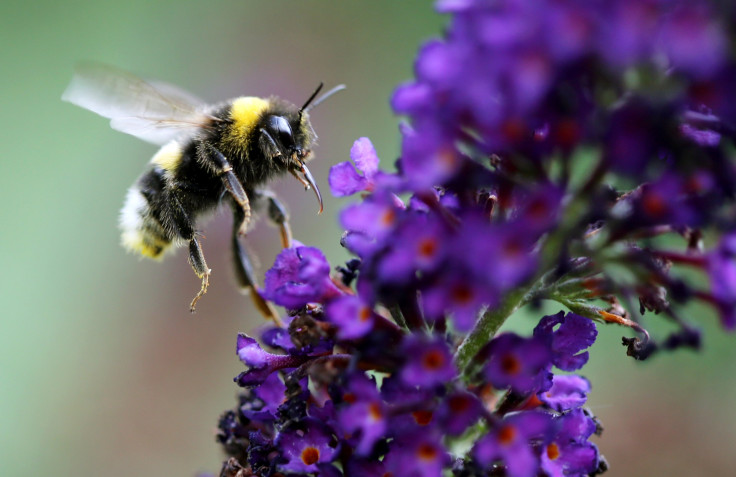Conservation Group Files Lawsuit To Protect Rare Parasitic Bumblebee; Here's Why
KEY POINTS
- The lawsuit urges the FWS to determine if the species warrants protection
- Suckley's cuckoo bumblebees were once common but their numbers declined over the years
- Habitat loss, pesticide use and declines of its host species are the threats they face
A conservation group has filed a lawsuit seeking to protect a parasitic bumblebee species. Although it has a parasitic behavior, the species actually plays a critical role in the ecosystem.
The Center for Biological Diversity (Center) filed the lawsuit earlier this week to essentially "force" the U.S. Fish and Wildlife Service (FWS) to determine if Suckley's cuckoo bumblebees (Bombus suckleyi) should be protected under the Endangered Species Act (ESA), the organization said in a news release.
The organization submitted a petition to the FWS urging it to consider the species as "threatened" or "endangered" on April 23, 2020, according to the lawsuit. However, the agency was not able to complete its review by the deadline (April 2021), thereby depriving the organization of a "timely determination" for the petition. The delay in providing protections to the species, the group noted, is putting it at risk of extinction.
"The fundamental purpose of the Endangered Species Act is to preserve imperiled species," said Kylah Staley, a legal fellow at the center. "Delays in providing Suckley's cuckoo bumblebees the protections they need to survive undermines our laws protecting endangered wildlife."
But why does the organization want to protect a social parasite that sneaks into another colony and controls other bees to care for its young? This is because they are "unique" pollinators and play an important role in keeping other bee populations, as well as ecosystems robust and diverse, according to the center.
"This unique pollinator plays a vital role in the preservation of bumblebee biodiversity by regulating bee populations," it noted in the lawsuit.
However, the species, which was once quite abundant across the U.S. and Canada, has seen a 50% loss in its range and a whopping 90% decrease in relative abundance compared to historic levels. In the last two decades, only scattered sightings have been made in places like Colorado, Montana and California. In Oregon, for instance, the last sighting was in 2017, the organization noted.
The threats the species is facing include pesticide use, climate change and habitat degradation. Furthermore, its host species, the western bumblebee, is also facing these threats, and the declining populations of the host species have affected Suckley's cuckoo bumblebee. In fact, the center is also working to protect the western bumblebees.
"Protecting these parasitic bees may seem strange, but parasites play an irreplaceable role in keeping other bee populations healthy," Jess Tyler, a staff scientist at the center, said. "Imperiled insects like Suckley's cuckoo bumblebees deserve the same rigorous protection consideration we give to mammals and fish. When we fail to aggressively prevent the extinction of small creatures, we create huge ecological ripple effects that end up harming many other species."

© Copyright IBTimes 2024. All rights reserved.






















